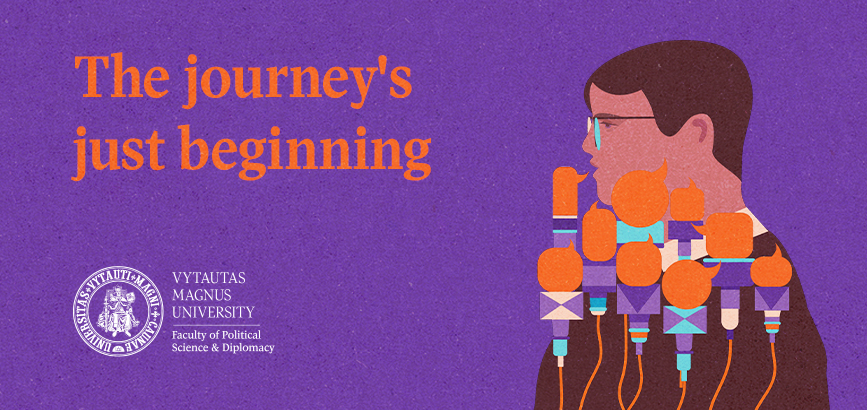Professor Egdūnas Račius: “National Muslim Churches? Churchification of Muslim Religious Organizations in post-communist Central Asia”
The nation states in Central Asia are effectively post-colonial and governance of religion in general and of Islam in particular in them bears heavy traits of colonial (namely, imperial Russian) rule. The former overlord sought to control religiosity and religious authority of minority (in this case, Muslim) faith communities through founding, if not state-run then tightly state-controlled, religious institutions. Those institutions survived the communist intermezzo and in the post-communist era, by the will of local regimes, are being (or, some would argue, have already been) turned into nothing less than national Muslim Churches: sociologically speaking, their organizational structures and modus operandi resemble Churches as they were first analysed and conceptualized by Max Weber and Ernst Troeltsch.
Purported churchification of Muslim religious organizations in today’s Central Asia, as indeed anywhere else, is not to be taken for their Christianization – there is no talk about any shift in theology or rituals. Rather, the concerned Muslim religious organizations have become churches (or, at least church-like religious organizations) as they, being institutionalized (legally recognized) religious communities and encompassing the totality of believers of the faith, understood here as a set of dogmas, rituals, and ethics, have ecclesiastical-bureaucratic structures staffed by professional (ordained) clergy and which have a positive relationship and attitude to society and the State. Moreover, they have been made into national Muslim Churches to which the entire Muslim populations of the respective countries have been assigned and whose form of Islamic religiosity has been declared the sole ‘right’ for the country. This churchification of Muslim religious organizations, foremost top-down, by the regimes, but also bottom-up, by the leadership of the organizations themselves, has been having debilitating consequences for the development of Islam in these recently created nation states, as it denies natural heterogeneity of the Muslim commonwealth and the plurality of forms of Islamic religiosity and securitizes those of them deemed ‘deviant’.
An IASH Work-in-Progress seminar, delivered by VMU Regional department Professor Egdūnas Račius (IASH-Alwaleed Research Fellow, March – May 2024):












